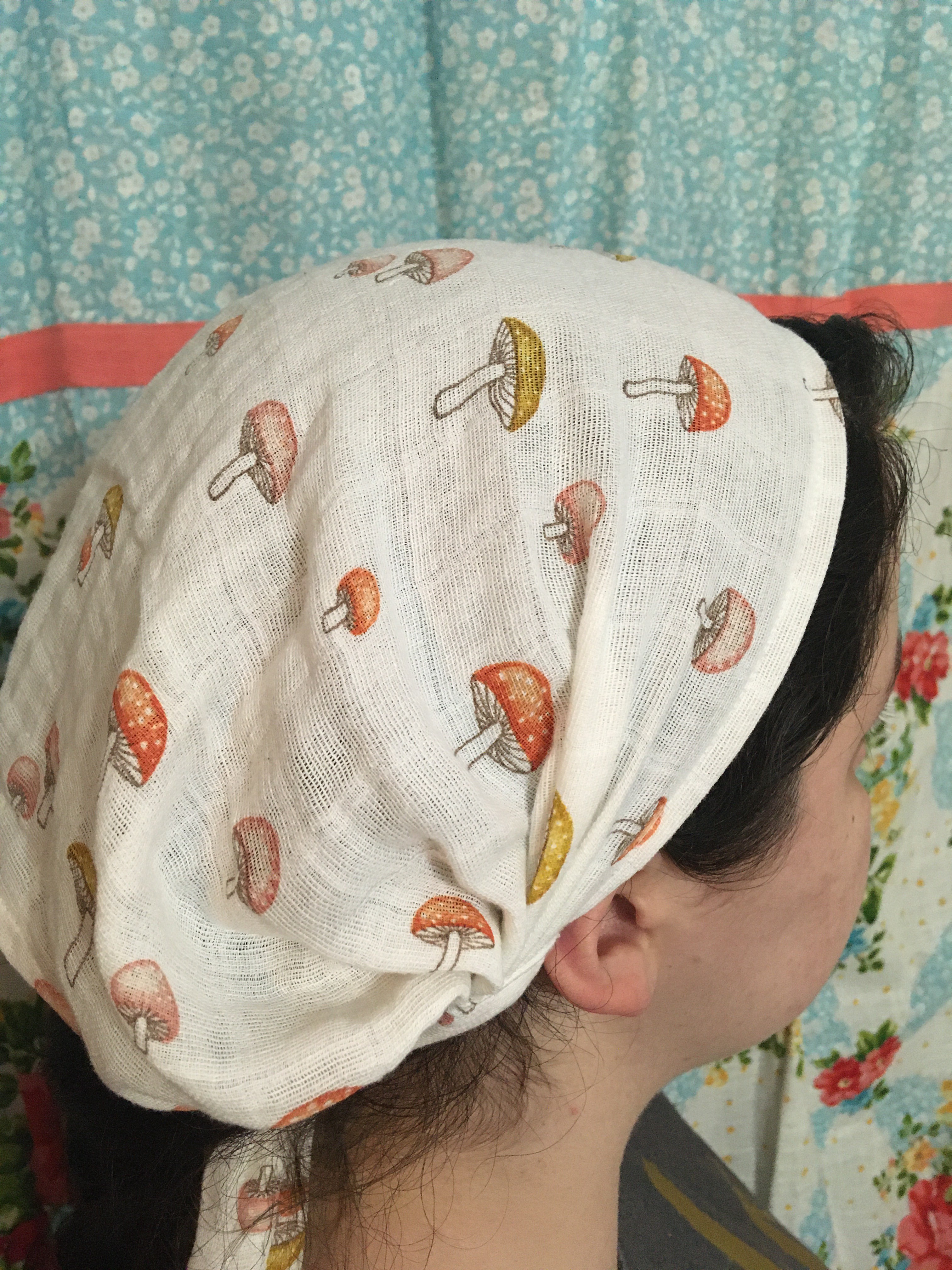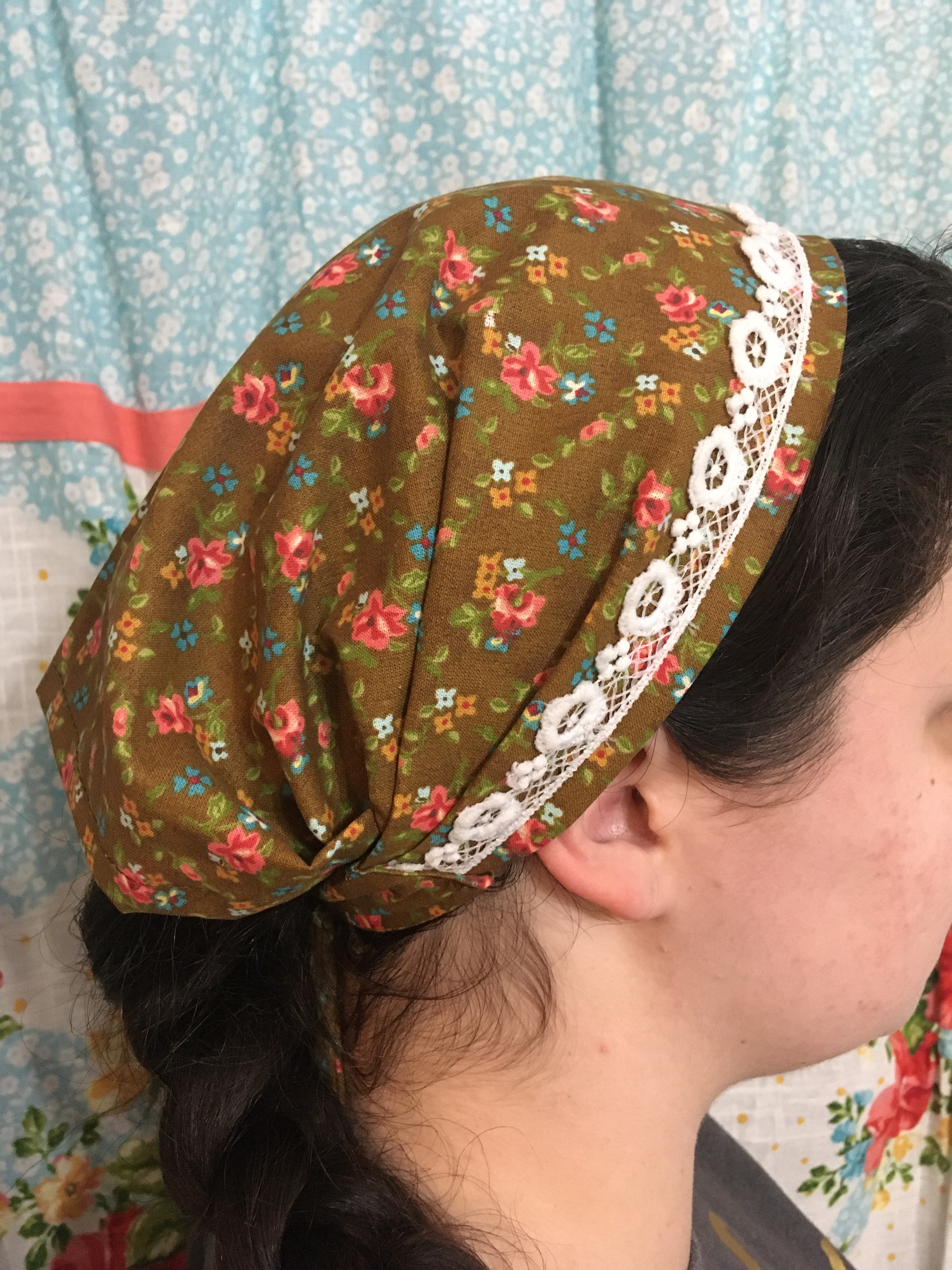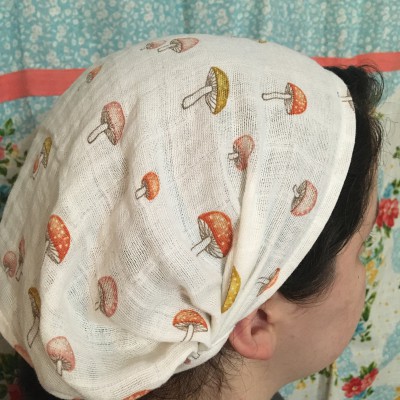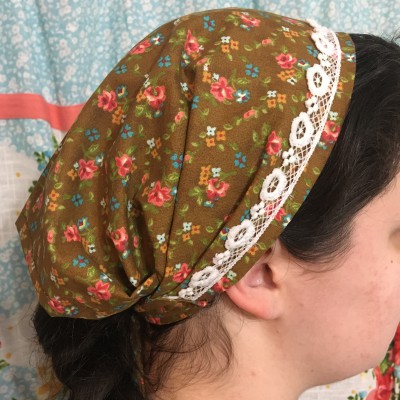Watch
Events
Articles
Market
More
New stuff in the shop today! https://www.etsy.com/shop/TorahLedHomestead
#shopsmall #supportsmallbusinessowners #supportsmallbusiness2023




New stuff in the shop today! https://www.etsy.com/shop/TorahLedHomestead
#shopsmall #supportsmallbusinessowners #supportsmallbusiness2023




New stuff in the shop today! https://www.etsy.com/shop/TorahLedHomestead
#shopsmall #supportsmallbusinessowners #supportsmallbusiness2023




New stuff in the shop today! https://www.etsy.com/shop/TorahLedHomestead
#shopsmall #supportsmallbusinessowners #supportsmallbusiness2023




New stuff in the shop today! https://www.etsy.com/shop/TorahLedHomestead
#shopsmall #supportsmallbusinessowners #supportsmallbusiness2023




New stuff in the shop today! https://www.etsy.com/shop/TorahLedHomestead
#shopsmall #supportsmallbusinessowners #supportsmallbusiness2023








Lily Portion for Today:
Ladies, remember that your trust in Moshiach does not make your family and household lazy, careless or reckless. On the contrary, as woman, you should let Adonai Elohiym inspire them through you, pushing them forward and encourage them to live a righteous and good life. [Thank You Abba for holding my hand in Yours. Please lead us beside quiet waters, where my house and family will find peace, amein]



Q117: How often will the Tree of Life bear a different type of fruit?
#quiz
PS: Discussions are very welcome, but please do not give the answer away in your discussions.
Hint: Eze 47 + Rev 22



Comfort For a Person Who Lost a Loved One
References
Hebrews 4:15, 16 (AMP) / 1 Thessalonians 4:13, 14 / Matthew 5:4 / Luke 4:18 / 2 Thessalonians 2:16 / 2 Corinthians 1:3, 4 / Isaiah 61:3
Father, I thank You that Yeshua Moshiach is our High Priest, Who is able to understand and sympathize and have a fellow feeling with …………’s weaknesses and infirmities (grieve over the loss of his/her loved one.) Father, I thank You that …………. does not sorrow, as one who has no hope, because he/she believes that Yeshua died and rose again; even so that his/her loved one also who sleeps in Yeshua will YHVH bring back with Him. I ask that You comfort ……………, for You said, “blessed are they that mourn; for they shall be comforted” – Matthew 5:4. Yeshua, You have come to heal the broken-hearted. It is in the Name of Yeshua that You Father, comfort ……………… because You have loved him/her and gave him/her everlasting consolation and good hope through grace. Blessed are You our Most High, the Father of Yeshua Moshiach, the Father of mercies and the YHVH of all comfort, Who comforts …………… in all his/her tribulation, that he/she may be able to comfort those who are in any trouble by the comfort wherewith he himself/ she herself is comforted by YHVH. Father, thank You for appointing unto ………………, who mourns in Zion, to give unto him/her beauty for ashes, the oil of joy for mourning, the garment of praise for the spirit of heaviness, that he/she might be called a tree of righteousness, the planting of the Adonai, that You might be glorified. In Yeshua’ Name, amen.


